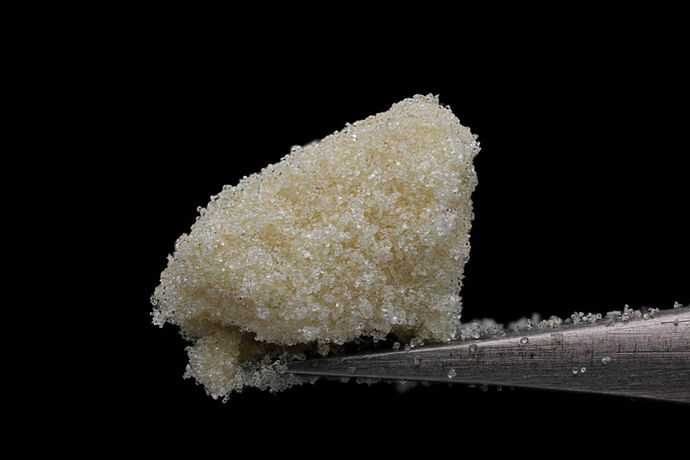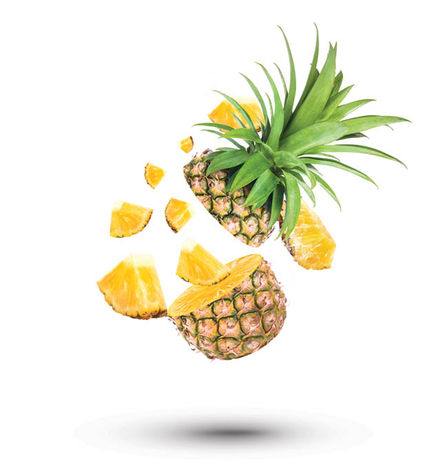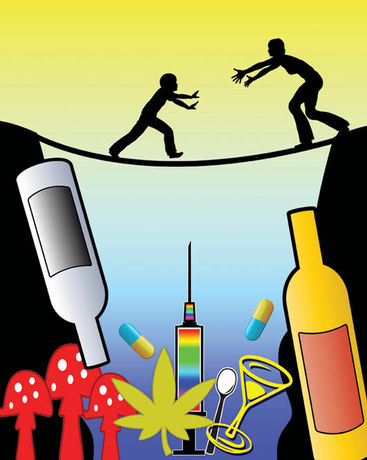Move over 4/20. 12/20/21 is the anniversary of hemp’s liberation. The Agricultural Improvement Act of 2018 (a.k.a. The Farm Bill) removed hemp from the dreaded Schedule I list, paving the way for the hemp industry we see today.
Hemp is legal to grow, process, and sell in all 50 states – now that Idaho has joined the party. CBD products are widely available and considered mainstream, and the oversupply of hemp-based products means consumers enjoy products at reasonable prices. Hemp gives patients plant-based preparations, even in states without a legal recreational or medical marijuana market.
Hemp is hip. In many people’s minds it’s separate and distinct from pot. Not that Americans don’t want Cannabis legalized (they do), but hemp is an easier sell to those who still think Cannabis is evil. The legalization of hemp is a step in the right direction to the complete legalization of Cannabis sativa l., regardless of the amount of THC it contains. Hemp is pot’s best lobbyist.
But not everyone in the hemp industry is happy. Hemp farmers have a lot to be upset with: Industrial hemp was supposed to be the golden ticket that would save small farmers, as it needs less water, fertilizer and pesticides compared to other crops. But what really sparked farmers’ imaginations was the prospect of making lots of money by switching to hemp. Many farmers tried, but few grew successful harvests and fewer still made serious money their first year.
I understand the confidence conventional farmers approached this new wonder crop with. Second and third-generation farmers who cultivate hundreds and sometimes thousands of acres of corn, soybeans or wheat, didn’t account for the challenges of growing hemp. Nothing prepared them for the learning curve. On top of that, they contributed to a flooded market. The more hemp was grown, the lower the market price. An oversupply of CBD isolate and distillate not only lowered wholesale prices, but spawned the now beleaguered delta-8 THC market as well.
Looking ahead there are states like Wisconsin, New Mexico and I’m sure others who are faced with too few licensees to support the state’s licensing infrastructure. Their response is to dissolve the state bureaucracy and turn matters over to the USDA.
But all is not lost. The chaos in the market is a good thing. It means the hemp market is maturing. Short-term turbulence will lead to market stability. I’ve said this in previous columns and I know it’s a painful experience for many, but a shakeout and a reorientation are long overdue. There’s no reason for every hemp farmer to grow a CBD crop. Leave it to others willing to take the risk. Plant what people will want in the future: fiber and food. Fiber has no shelf life. Believe even half the hype about hempcrete? Grow a fiber crop and store it until the market catches up. Think Americans should eat hemp foods grown domestically? So do I. Right now the vast majority of hemp foods we eat come from Canadian hemp. I love seeing hemp milk available in coffee shops around the country, but I know that money goes north to Canada – leaving American farmers out of the equation.
So on this coming December 20, I promise to thank Mitch McConnell for making hemp federally legal, while sipping my hemp chai and smoking a hemp pre-roll full of CBG and CBD. The hemp ship rolling on choppy open seas will reach a safe harbor sooner rather than later … I promise.










